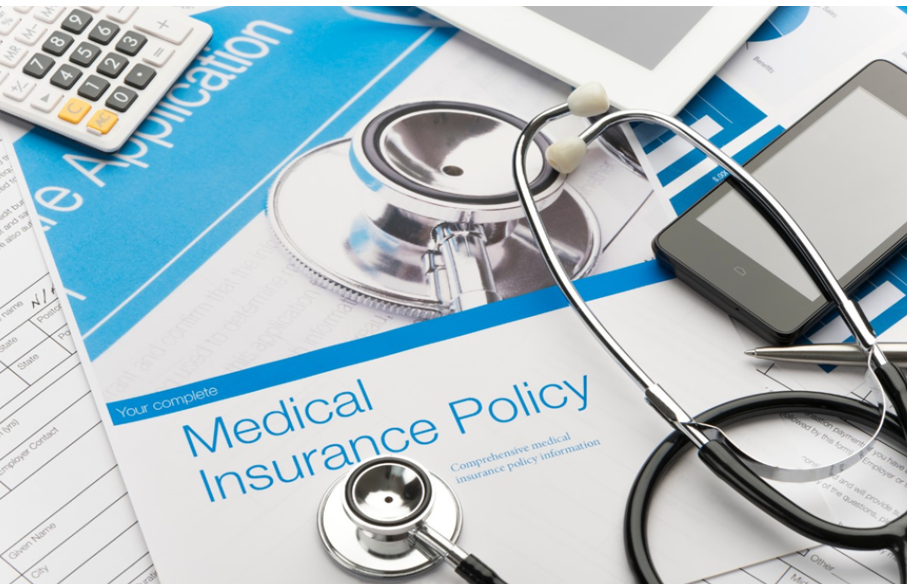What’s a medical lien? Why should I care?
Medical Liens & Personal Injury Settlements

A medical lien in the context of personal injury settlements is sometimes a difficult concept for people to grasp. We’ll break down several concepts into simpler, more understandable parts.
What is a Medical Lien?
When you get seriously injured in a crash that wasn't your fault, you will usually need medical treatment. Now, medical treatment costs money, and sometimes, those bills can climb quickly. If you don't have enough insurance coverage or any at all, paying these bills may be a challenge. This is where a medical lien comes into play.
A medical lien is essentially a legal claim or a "hold" placed on any future money you (the injured party) might receive from a personal injury settlement or judgment. This means that the hospital, doctor, or healthcare provider who treated you for your injuries agrees to wait for their payment until you settle your case or win a judgment against the party responsible for your crash.
How Does It Work in Personal Injury Settlements?
When you file a personal injury lawsuit seeking compensation for your injuries, you're essentially asking for money to cover your medical bills, lost wages, and other damages. If you win your case or settle out of court, you'll receive a certain amount of money as compensation.
However, if there's a medical lien against your settlement, the healthcare provider who treated you has the right to be paid first out of this settlement money. The idea is that because they provided you with medical care (often knowing that you might not be able to pay upfront), they should be reimbursed for their services once you receive your settlement.
Why is it Important?
Medical liens ensure that healthcare providers are compensated for the treatment they provide to injury victims. Without the possibility of placing a lien, some providers might be hesitant to treat patients who are unable to pay immediately. This arrangement also allows you, the injured party, to receive necessary medical care without having to worry about immediate payment, giving you time to focus on your recovery and legal case.
What Should You Know?
Negotiation is Possible: The amount claimed in a medical lien may get negotiated down. This is often done by your personal injury lawyer, who can argue that the costs should be reduced. However, if the plan is an Employee Retirement Income Security Act of 1974 (ERISA) established federal law, there is virtually no flexibility.
Legal Obligation: You are legally obligated to satisfy these liens from your settlement. Failing to do so can result in legal action against you to recover the owed amount.
Impact on Settlement: Medical liens can significantly impact the net amount you receive from a personal injury settlement. After paying off the liens, the remaining amount might be less than expected, which is something to consider when evaluating settlement offers.
To recap, a medical lien is a way for healthcare providers to ensure they get paid for treating someone injured due to someone else's negligence, with the payment coming from any settlement or judgment received in a personal injury case. It's a crucial component of the personal injury process, ensuring that both the injured party receives necessary care and the healthcare providers are compensated for their services.

[…] Medical liens are claims against the settlement amount specifically for the cost of medical treatment provided to the injured party. Healthcare providers place these liens to ensure they are reimbursed for their services from the money that is specifically allocated for medical expenses within the settlement. […]